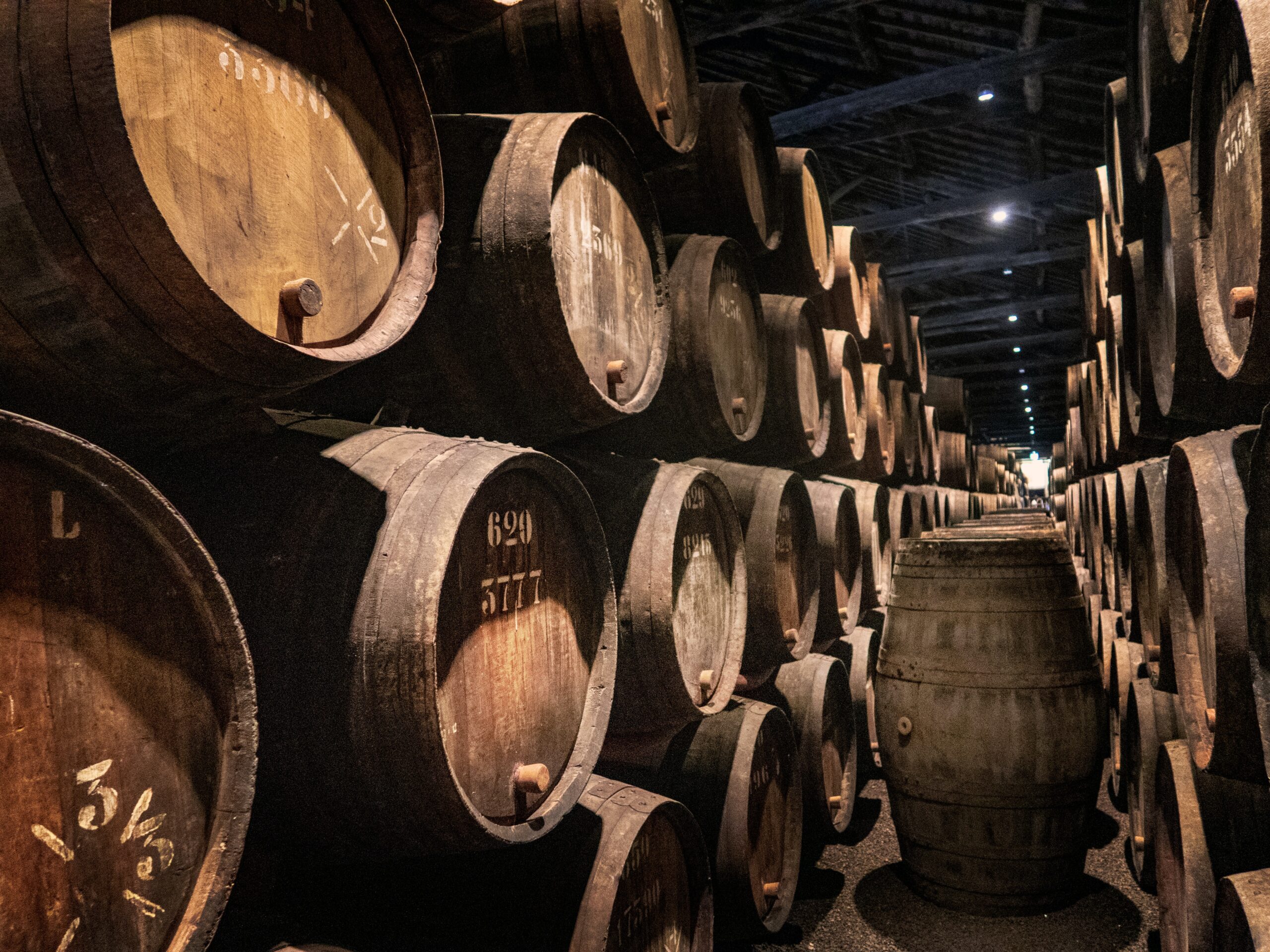Five risks to consider
To help make an informed decision about investing in whisky casks, there are six key areas to understand about the market that could impact your return.
1. Market volatility
The value of whisky can fluctuate based on demand, brand popularity and economic conditions. There are no guarantees on what return you will get, and whisky can depreciate over time.
In fact, turbulence in the rare whisky bottle market contributed to a 1% drop in the Knight Frank Luxury Investment Index in 2023. However, despite being the worst performing category, data published in the 2024 Wealth Report suggests that some bottles rose in price and interest from wealthy collectors continues to grow.
Other figures suggest that when it comes to depreciation, whisky depreciated by 9% in the last 12 months. But over a longer period of 10 years, rare whisky continued to command a premium – registering 280% returns.
2. Lack of liquidity
Whisky investment is not a short-term proposition. It can take time to realise your investment, as the above figures demonstrate.
It’s also worth remembering that the volume of spirit will decrease over time due to evaporation (known as ‘the Angels’ share’). Whereas ‘New Make’ spirit must be matured for three years. But for a product to be classed as ‘whisky’ it must retain a minimum strength of 40% ABV.
3. Storage costs and cask integrity
To maintain the value and integrity of whisky casks, they need to be stored and maintained properly. If not done right, these costs can mount up and your investment could be at risk.
To remain classed as ‘Scotch’ whisky, the law requires that casks are kept in Scotland in warehouses ‘bonded’ by HMRC, the UK tax authority. Conditions in these warehouses are maintained at optimum levels for whisky maturation and the condition, content and value of casks are checked regularly. At Whisky 1901, we cover our clients’ storage costs for the first five years.
Any reputable whisky broker will also let you see and even ‘experience’ your investment, so you can have confidence in your choices. We recently took some of our investment clients to the Lowland Bond facility in Fife, where we are moving the majority of our casks.
4. Counterfeit products
The industry and non-savvy investors can be targets for counterfeit whisky, especially when it comes to older and more valuable bottles or casks.
You need to be confident in the legitimacy of your investment and proof of product and ownership. At Whisky 1901, we collaborate with a legal firm in London who specialise in commercial law to protect and facilitate the transfer of ownership of every cask purchase made by our clients and suppliers.
5. Lack of regulation
As an unregulated market there is an inherent risk with investing in whisky which could affect the value of your investment unless safeguards are in place.
Other than HMRC duty and VAT, no other regulator oversees whisky cask investment. With that in mind, potential investors should avoid firms that make extravagant claims about returns, those not on the WOWGR register, and those unwilling to provide a delivery order. You should also seek your own, independent financial and legal advice before proceeding with a purchase.
The lack of regulation is also one of the key reasons why the Advertising Standards Authority (ASA) issued an enforcement notice for whisky cask investment companies which came into force in January 2024.




